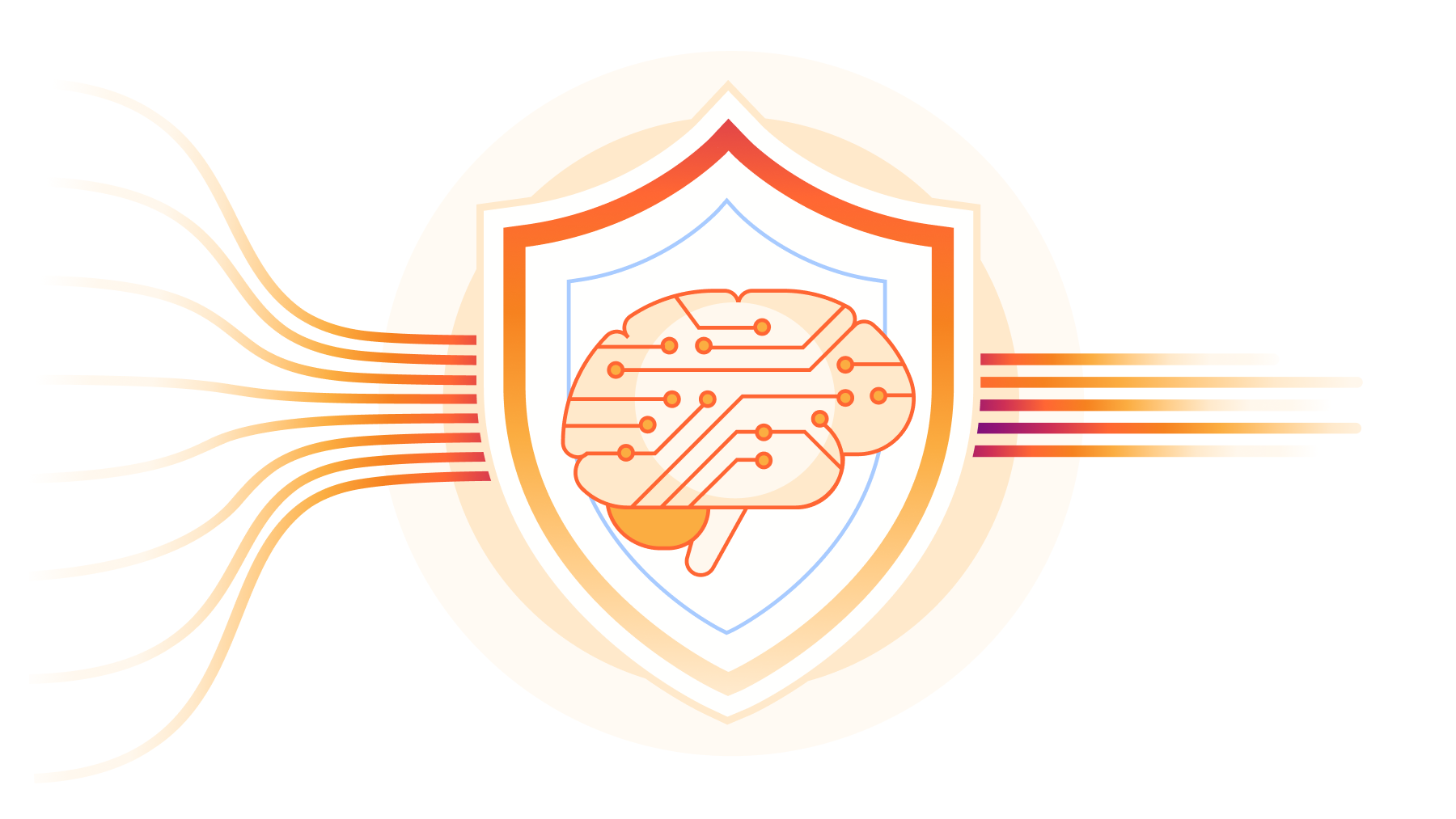Author Archives: Javier Castro
Author Archives: Javier Castro
Phishing attacks have grown both in volume and in sophistication over recent years. Today’s threat isn’t just about sending out generic emails — bad actors are using advanced phishing techniques like 2 factor monster in the middle (MitM) attacks, QR codes to bypass detection rules, and using artificial intelligence (AI) to craft personalized and targeted phishing messages at scale. Industry organizations such as the Anti-Phishing Working Group (APWG) have shown that phishing incidents continue to climb year over year.
To combat both the increase in phishing attacks and the growing complexity, we have built advanced automation tooling to both detect and take action.
In the first half of 2024, Cloudflare resolved 37% of phishing reports using automated means, and the median time to take action on hosted phishing reports was 3.4 days. In the second half of 2024, after deployment of our new tooling, we were able to expand our automated systems to resolve 78% of phishing reports with a median time to take action on hosted phishing reports of under an hour.
In this post we dig into some of the details of how we implemented these improvements.

Cloudforce One is our threat operations and research team. Its primary objective: track and disrupt threat actors targeting Cloudflare and the customer systems we protect. Cloudforce One customers can engage directly with analysts on the team to help understand and stop the specific threats targeting them.
Today, we are releasing in general availability two new tools that will help Cloudforce One customers get the best value out of the service by helping us prioritize and organize the information that matters most to them: Requests for Information (RFIs) and Priority Intelligence Requirements (PIRs). We’d also like to review how we’ve used the Cloudflare Workers and Pages platform to build our internal pipeline to not only perform investigations on behalf of our customers, but conduct our own internal investigations of the threats and attackers we track.
RFIs are designed to streamline the process of accessing critical intelligence. They provide an avenue for users to submit specific queries and requests directly into Cloudforce One's analysis queue. Essentially, they are a well-structured way for you to tell the team what to focus their research on to best support your security posture.
Each RFI filed is routed to an Continue reading